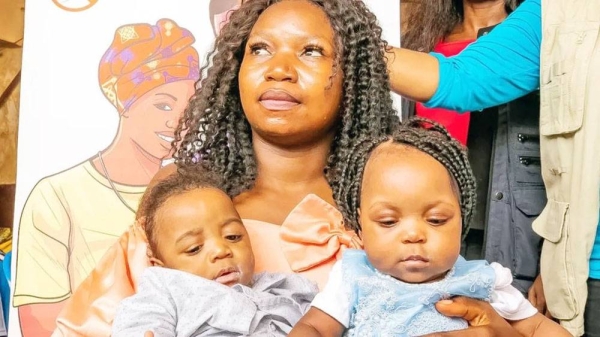
Vaccine hesitancy has risen sharply in Thailand opinion polls show, just weeks away from the start of a mass inoculation programme and as the country fights its deadliest COVID-19 outbreak.
Reasons for the rise in vaccine hesitancy were unclear in the polls, but there are widespread complaints at government disorganisation, delays in getting vaccines and reliance on Sinovac (SVA.O) and locally made AstraZeneca (AZN.L) doses.
Thailand has reported 135,439 infections and 832 deaths since the pandemic began last year.
In January, 83% of Thais surveyed by polling firm YouGov were willing to be vaccinated, but by May that dropped to 63% in the same poll, lower than Vietnam and the Philippines at 83% and 66% willingness, respectively.
Thai-based Suan Dusit Poll on Sunday echoed the YouGov findings of rising vaccine hesitancy, with 64% of respondents willing to be vaccinated, compared with 66% in January.
Dissatisfaction with the military-backed government"s vaccine strategy has been building for months.
"People are worried about the vaccines that the government procured. It"s not that we don"t want to get shots, but there is hesitancy," Facebook user Than Tongkum wrote under a government announcement encouraging vaccinations.
Asked by Suan Dusit poll for their views on Thai vaccinations, only 57% of respondents believed they would help develop immunity and reduce the virus impact, while 59% worried about side-effects.
With Thailand"s main vaccination drive, which is due to start June 7, relying heavily on AstraZeneca, respondents had 66% confidence in the shot, fourth behind U.S.-developed vaccines, with Pfizer (PFE.N) top at 75%.
Thailand aims to inoculate 70% of its population by year-end, a level its tourist hotspots must also reach locally before reopening to vaccinated foreign visitors.
Registration is ongoing for the first 16 million people including those over 60 or with health conditions.
So far, 7.8 million people have registered.
Government spokesman Anucha Burapachaisri said he believes the vaccines will be embraced once the inoculation programme starts.
"As Thailand receives more doses, there will be more vaccine sites, which will help create awareness among the public after they see large numbers of vaccinations do not lead to serious side effects," he told Reuters.
Actress Araya "Chompoo" Hargate sparked controversy after she posted to her 10.5 million followers on Instagram saying she chose Sinovac.
"Can"t help but think this is government PR," wrote user iloveurdadmaybe.
Among the concerns is perception that Sinovac has a low efficacy rate.
"Just hearing that it"s Sinovac that"s only 50% safe and 50% effective," wrote Facebook user Dang Juntawan.
"Injections are on chance. If you"re unlucky you"ll die."












